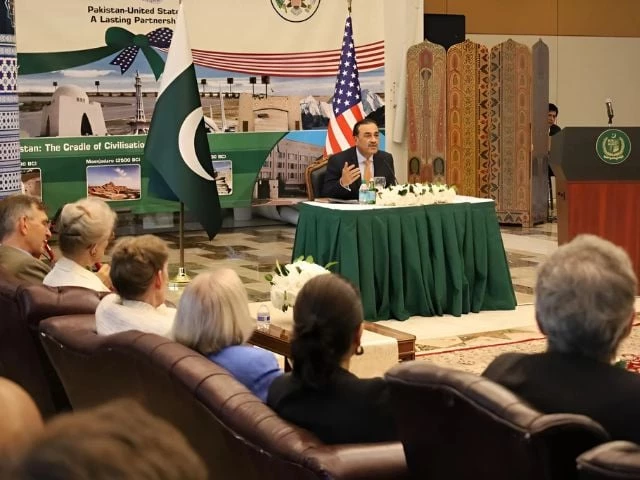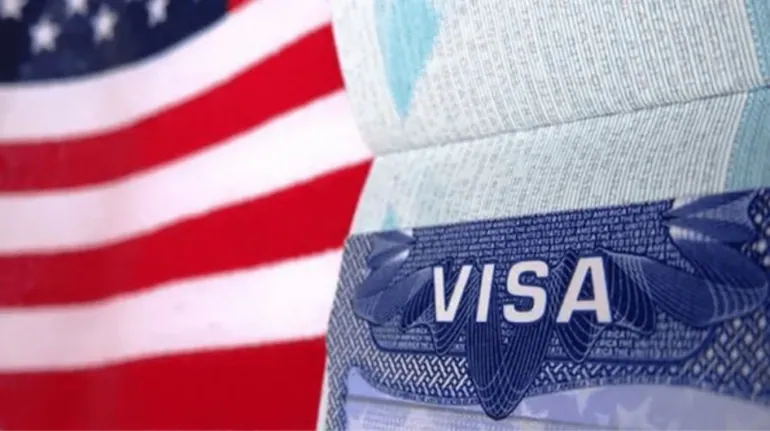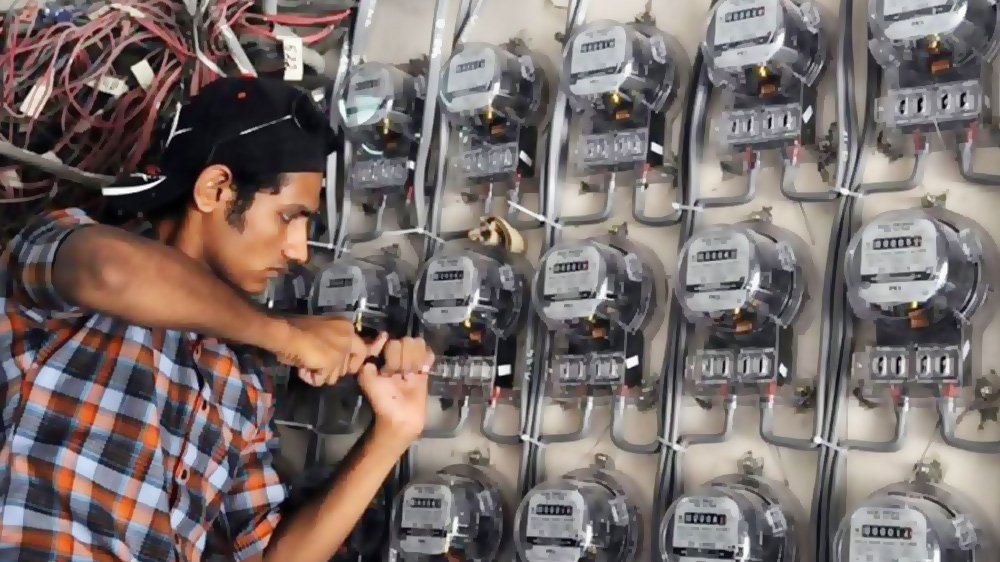Field Marshal Munir Engages US Think Tanks on Pakistan’s Commitment to Global Peace
Pakistan’s Chief of Army Staff (COAS), Field Marshal Syed Asim Munir, is on a five-day official visit to the United States, aiming to bolster military and strategic cooperation between the two countries. During his engagements in Washington DC, he held wide-ranging discussions with senior scholars, analysts, policy experts, and international media, according to the Inter-Services Public Relations (ISPR).
During his visit, Field Marshal Munir met US President Donald Trump at the White House, where they shared a two-hour-long meeting and a luncheon. President Trump called it an honour to host the Pakistani Army Chief, underscoring the importance of Pakistan in regional and global security dynamics.
At key strategic think tanks and policy institutions, the COAS presented Pakistan’s position on global and regional issues, reinforcing the country’s commitment to peace, cooperation, and a rules-based international order. He referred to major counter-terror operations, including Maarka-e-Haq and Operation Bunyanum Marsoos, and criticized regional actors for leveraging terrorism as a tool in hybrid warfare.
Highlighting Pakistan’s pivotal role in the global war on terror, he spoke of the immense human and economic sacrifices the nation has made for global security. He also called attention to Pakistan’s economic potential in key sectors such as information technology, agriculture, and mineral resources, inviting global investment in mutually beneficial ventures.
READ MORE:
Iran Refuses Nuclear Talks Under Fire as War with Israel Intensifies
During his session with US analysts, Munir advocated for diplomatic engagement and cooperative security, and promoted Pakistan’s balanced and lawful approach to resolving conflicts.
The session was praised for its strategic clarity and transparency, marking a significant step forward in the US–Pakistan strategic dialogue.
In his meeting with President Trump, both leaders discussed enhancing cooperation in diverse fields such as trade, artificial intelligence, energy, cryptocurrency, and emerging technologies. They also reviewed regional security challenges, including the Pakistan-India ceasefire and the escalating conflict in the Middle East.




